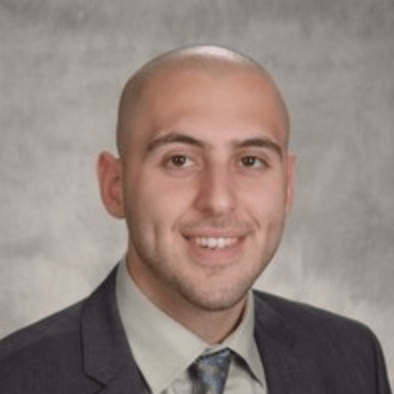Early diagnosis of cataracts prevents vision loss
June 21, 2021
By: Faisal Ridha, M.D., Wayne Health Department of Ophthalmology
Cataracts are the leading cause of reversible blindness in the world. By the year 2050, the number of people in the United States with cataracts is expected to reach 50 million, according to the National Eye Institute.
During Cataract Awareness Month, everyone should learn the symptoms of cataracts and know the importance of seeing an ophthalmologist for an eye exam if they notice any of the warning signs. Seeing an ophthalmologist for early diagnosis and treatment can prevent severe visual loss from a cataract and allow you to see clearly for years to come.
What is a Cataract?
A cataract is a condition where the natural lens of the eye becomes cloudy. This prevents light from entering the eye or distorts light as it enters the eye.
What are the symptoms?
Decreased vision, blurred or double vision, halos from lights, changes in color perception, changes in your glasses prescription and difficulty reading are all symptoms of a cataract.
Why do people develop cataracts?
The number one reason why people develop cataracts is age. They usually develop after age 50 and progressively get worse. Other risk factors include genetics, eye injury, diabetes, smoking, glaucoma, sun exposure and certain medications.
How is a cataract treated?
Vision loss from cataracts is reversed with surgery. In fact, it is the most-performed surgery worldwide with nearly 10 million procedures done annually. While nobody likes to hear they need surgery for their eyes, it is an extremely safe procedure that is usually done in 20 minutes or less as an outpatient surgery. Microscopic incisions are made to remove the cloudy lens and replace it with a foldable lens implant. These implants can correct for distance vision, near vision or sometimes even both, reducing dependency on glasses.
Ophthalmic technology has come a very long way in the last 20 years. The great visual outcomes from cataract surgery are amazing for patients and rewarding for surgeons. Many ophthalmologists would say it is the best part of their job.
Wayne Health ophthalmologists have years of experience and expertise in treating a full spectrum of eye conditions including cataracts. Our ophthalmologists practice at the world-renowned Kresge Eye Institute and train the next generation of physicians at the Wayne State University School of Medicine. Our medical school affiliation provides our ophthalmology team with access to the latest technology, treatments and clinical research trials. To set up an appointment with a Wayne Health ophthalmologist, visit our website or call 877-929-6342.
